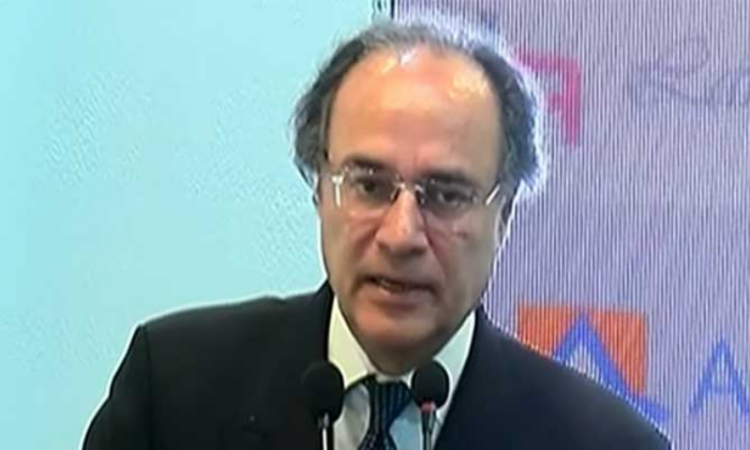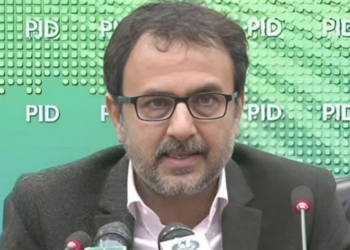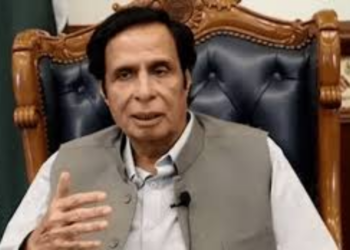Faisalabad, February 22, 2025:Finance Minister Muhammad Aurangzeb on Saturday credited the expansion of Pakistan’s tax base for easing pressure on the national exchequer, as he highlighted key economic improvements under the government’s reform agenda.
Speaking in Faisalabad, Aurangzeb reaffirmed that Pakistan’s economy is on the path to recovery, driven by policy adjustments and structural reforms. He emphasized that a lower policy rate has benefited businesses, while inflation has dropped to single digits, providing relief to the public.
The finance minister stressed that recent tax measures have significantly boosted revenue collection, reducing reliance on external financial assistance. Addressing concerns about Pakistan’s engagement with the International Monetary Fund (IMF), he maintained that sustainable economic governance cannot depend on foreign aid alone and requires a strong domestic framework.
Aurangzeb also highlighted the need for public-private sector collaboration to drive long-term economic stability and growth.
Pakistan is set to host two IMF missions in the coming weeks, as confirmed by the global lender, the first mission will focus on climate finance discussions while the the second mission will conduct the first review of Pakistan’s progress under the $7 billion Extended Fund Facility (EFF).
Pakistan’s government, led by Prime Minister Shehbaz Sharif, secured IMF’s Executive Board approval for a fresh loan program in September 2024, followed by a $1.02 billion disbursement.
With IMF officials in the country, Islamabad will also need to finalize the framework for the 2025-26 budget in consultation with the lender. If an agreement is not reached, the approval of the next $1 billion tranche, scheduled for April 2025, may be linked to parliament’s budget approval.
Discussing Pakistan’s economic indicators, Aurangzeb revealed that the current account deficit stood at $420 million in January 2025, marking a 4% increase from $404 million in the same month last year.
However, he highlighted a significant turnaround in the first seven months of FY25, with the current account posting a surplus of $682 million, compared to a $1.8 billion deficit in the same period last year.
Earlier this week, the finance minister also stated that Pakistan expects to receive $1 to $1.5 billion in climate funding from the IMF, further supporting the country’s economic recovery.
With key financial reviews and IMF negotiations on the horizon, Pakistan’s fiscal policy direction will be closely watched as it aims to solidify economic stability and sustainable growth.








